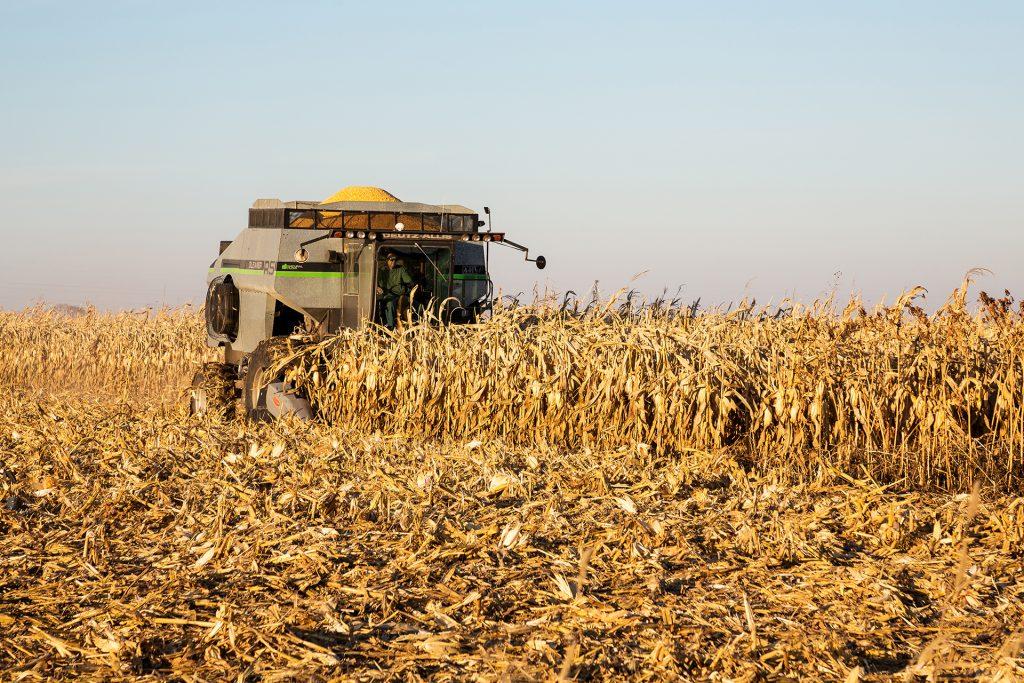Agricultural education provides students with enriching opportunities.
Iowa Hall of Fame football coach Hayden Fry started many traditions during his tenure: the Swarm, the Hokey Pokey, and the America Needs Farmers stickers on Hawkeye football helmets. He did it at a time when our nation and state faced a tremendous farming crisis, with many farmers losing their land and their livelihood. That tradition started in 1985 and continues to this day.
The need for farmers and a strong agricultural sector in our state is vital to our economy and way of life. Changes in agriculture and food production have been dramatic since 1985. We can see the signs of it in our own communities. The local food movement and the strong presence of our local farmers’ market and producers is changing how we view food and the people who produce it. The need for hardworking, highly educated, and motivated food producers has never been greater. Competition, locally and internationally, demands more to be produced with less and with greater quality and safety. The need to provide opportunities and pathways for our students to these types of careers will never cease to exist.
RELATED: Prall: Republican Party no friend to Iowa farmers
Future Farmers of America is in all 50 states with 649,355 students in 7,859 chapters. In the state of Iowa, there are 14,800 students in 235 chapters. The School District has never offered vocational agriculture or FFA for our students or community. Yet many who graduate from our schools go on to careers in agricultural fields. The demand for agricultural workers is not limited to just farmers and herdsmen; it includes a need in engineering, chemistry, business, finance, programming, transportation, manufacturing, etc. The Press-Citizen recently printed an article of an Iowa business-school entrepreneur whose contributions to agriculture have won him a $30,000 prize from the Iowa Farm Bureau Association.
RELATED: UI conference boosts Iowa organic farming
Vocational agriculture and FFA offer tremendous opportunities to all students from any background and walk of life. The vast majority of students involved in FFA today do not live or work on farms. The curriculum and opportunities provided by Vocational-Ag/FFA will help every student in every occupational pursuit.
There are three major components to vocational-agricultural education: classroom/laboratory instruction, supervised agricultural experience programs in which students obtain on-the-job skills, and FFA, which provides an avenue for developing leadership skills. As an integral, intra-curricular component of the agricultural education program, FFA has numerous systems to deliver instruction in leadership. In addition, FFA provides incentives for improved student performance through its awards program. Teachers of agriculture have always stressed the problem-solving and decision-making approach to teaching. Through this approach, students are better equipped to cope with constant changes in the agricultural industry and in life.
RELATED: Iowa’s two farm systems coexisting
The School Board will discuss the potential addition of vocational agriculture and FFA at the Jan. 23 board meeting.
Vocational agriculture and FFA provide more to our students and community than cows, sows, and plows. Let’s start our own tradition by valuing vocational agriculture and FFA in our community.
— Phil Hemingway
“The views expressed are mine alone and are not intended to represent the views of the School Board.”



